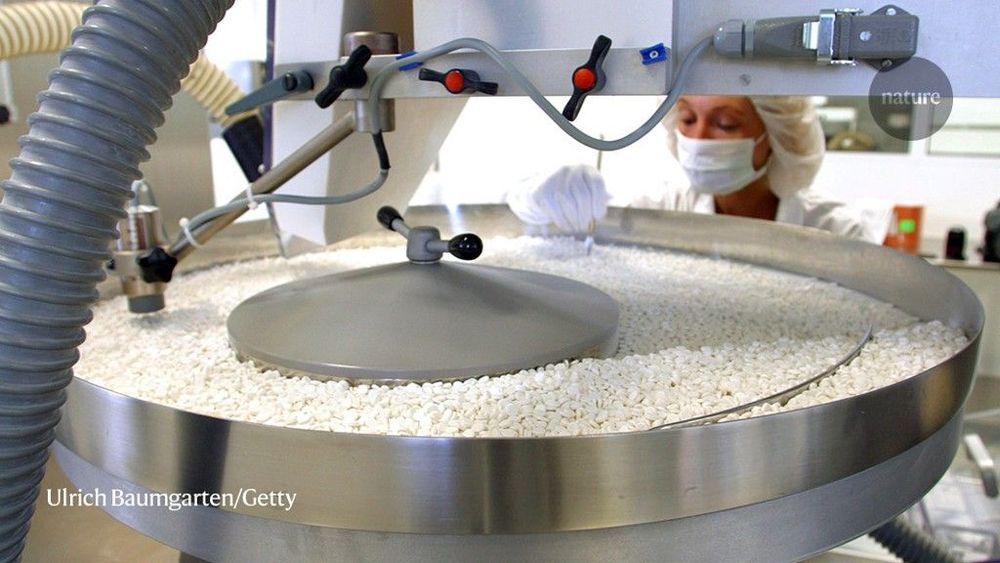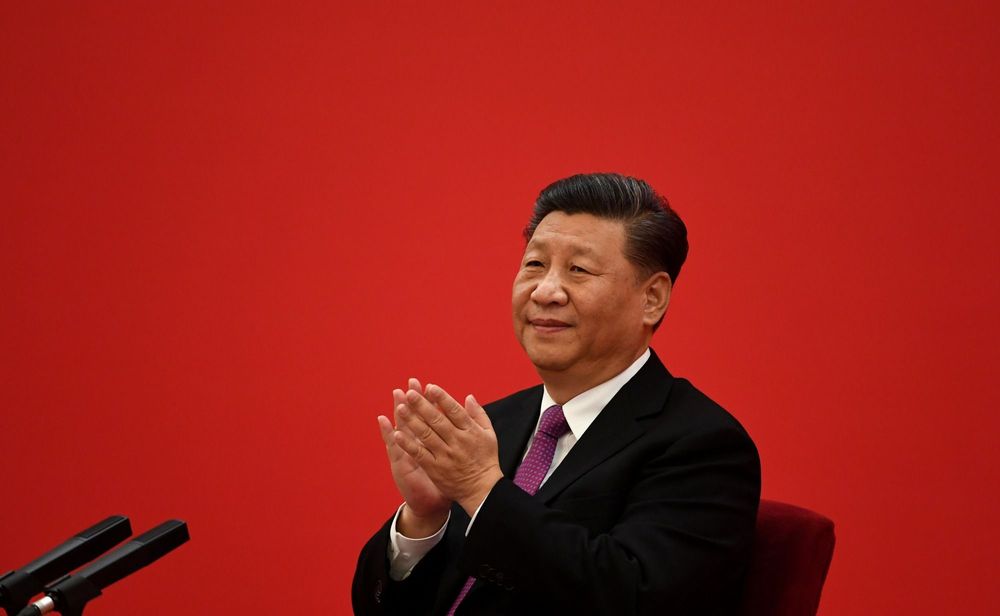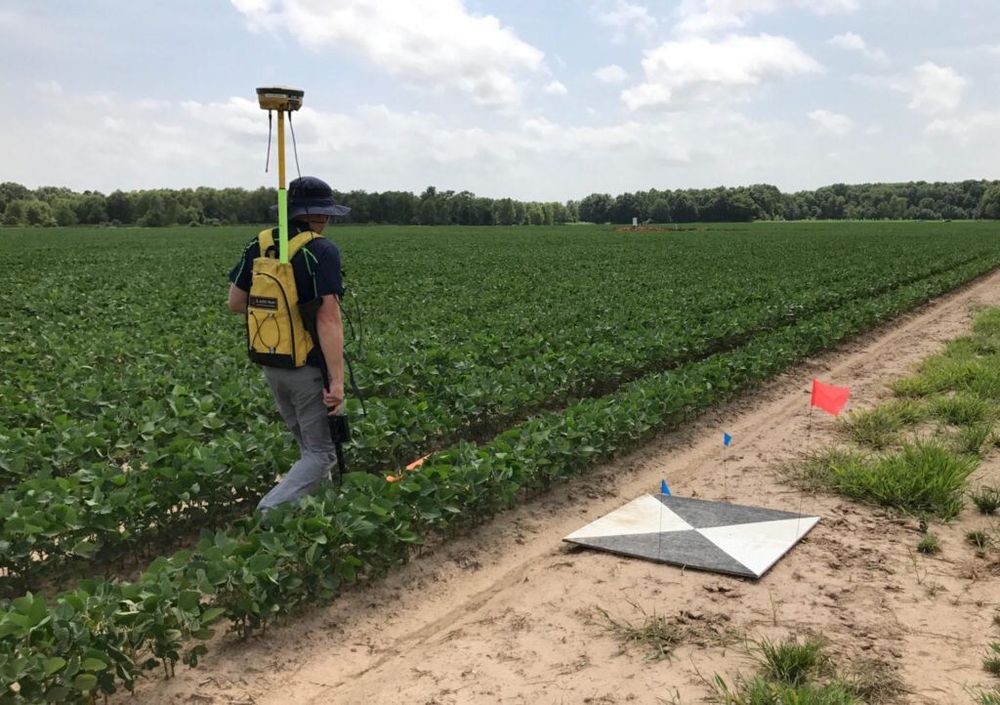Imagine a manufacturing plant in which all the production equipment is continually changing in response to market needs. Robots churning out widgets, for instance, would reconfigure themselves based on data coming in from all points of the widget supply chain, as well as sensors monitoring the factory itself. The result is a smart factory that’s more agile and autonomous than previous generations of automation.
Also known as Industry 4.0, the smart factory runs on data and artificial intelligence, but connectivity forms the backbone of operations. The new fifth generation of mobile networks (5G) is a catalyst for this new industrial revolution because it offers much greater speed and bandwidth than previous networks, as well as low latency, or time required for data to travel between two points. 5G will work with and in some cases replace existing fixed, wired connections, making manufacturing more flexible and ready to implement innovations.
5G could replace wired Ethernet as well as Wi-Fi and 4G LTE networks that connect devices in factories, but one 5G supplier is starting with the basics: powering mobile devices and robots. At a new factory in Lewisville, Texas, Swedish telecom Ericsson has been turning out 5G infrastructure equipment with the aid of a 5G network in the plant itself. Ericsson, which is supplying 5G equipment to telecoms in the U.S. such as AT&T, Verizon, Sprint and T-Mobile, has forecast 190 million 5G subscribers by the end of 2020 and 2.8 billion by the end of 2025.




